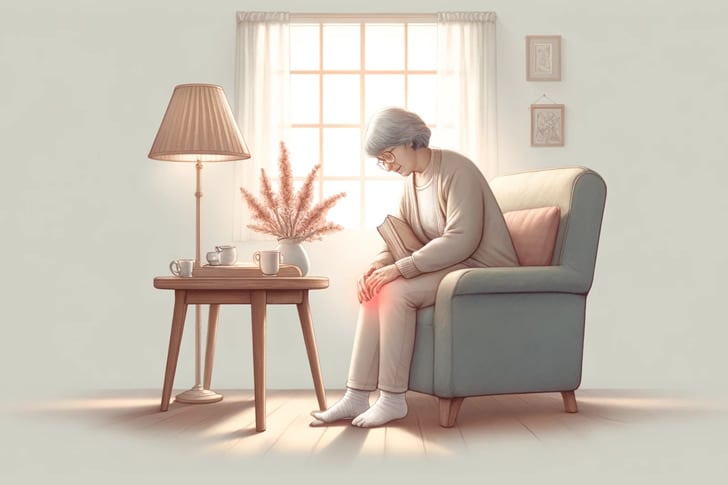Unraveling the Mystery of Plaque Psoriasis: What Experts Want You to Know
Plaque psoriasis, a persistent skin disorder that affects millions worldwide, often raises concerns due to its visible and sometimes painful symptoms. This article delves into what causes plaque psoriasis, how it affects those diagnosed, and the latest treatments available.

Understanding Plaque Psoriasis
What is Plaque Psoriasis?
Plaque psoriasis is an autoimmune condition characterized by the rapid buildup of skin cells that leads to scaling on the skin’s surface. These scales are typically white-silver and develop in thick, red patches. Occasionally, these patches will crack and bleed.
Symptoms of Plaque Psoriasis
- Red, raised, inflamed patches of skin
- Silver-white scales or plaques on the red patches
- Dry skin that may crack and bleed
- Itching, burning, or soreness around patches
- Thickened, pitted, or ridged nails
Causes and Triggers
The exact cause of plaque psoriasis is not fully understood, but it is known to involve the immune system, genetics, and environmental factors. Here’s what experts believe:
Genetic Factors
- Family History: Many people with plaque psoriasis have a family member with the disease, suggesting a genetic link.
Immune System
- T Cells: A type of white blood cell called T cells become overactive, leading to inflammation and an accelerated production of skin cells.
Environmental Triggers
- Stress: High stress levels can trigger or worsen symptoms.
- Weather: Cold, dry weather can lead to outbreaks.
- Infections: Certain infections like strep throat can precipitate an episode.
Treatment and Management
Managing plaque psoriasis involves a combination of lifestyle changes, medications, and therapies. Treatment aims to reduce inflammation and clear the skin.
Topical Treatments
- Corticosteroids: Most common treatment for mild to moderate cases.
- Vitamin D analogues: Help regulate skin cell growth.
Phototherapy
- UVB Phototherapy: Exposing the skin to ultraviolet light under medical supervision.
Systemic Treatments
- Oral or Injected Medications: Used for severe psoriasis or when other treatments are ineffective.
Biologics
- Targeted Treatments: Focus on specific parts of the immune system that trigger psoriasis.
Lifestyle Changes to Manage Psoriasis
Patients are often advised to adopt lifestyle changes to help manage their symptoms and reduce flare-ups:
- Moisturizing regularly
- Reducing alcohol consumption
- Quitting smoking
- Managing stress through yoga or meditation
FAQs on Plaque Psoriasis
Q1: Is plaque psoriasis contagious?
A1: No, psoriasis is not contagious and cannot be spread from person to person.
Q2: Can plaque psoriasis be cured?
A2: There is currently no cure for psoriasis, but many treatments are available that can reduce symptoms and improve quality of life.
Q3: What are the potential complications of plaque psoriasis?
A3: If not properly managed, plaque psoriasis can lead to psoriatic arthritis, an inflammatory type of arthritis.
Advances in Psoriasis Research
Recent research in plaque psoriasis has focused on understanding the genetic basis of the disease and developing new, more effective treatments. Innovations such as biologic drugs have significantly improved treatment outcomes for many patients.
Conclusion
Plaque psoriasis, while a chronic condition, can be managed effectively with the right treatment and lifestyle adjustments. Ongoing research continues to offer hope for even better treatments and possibly a cure in the future.
References







Recent Comments